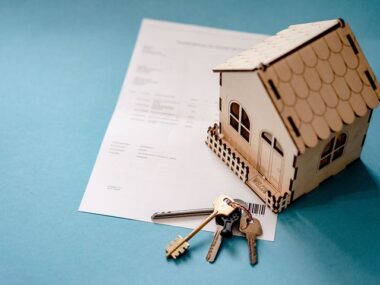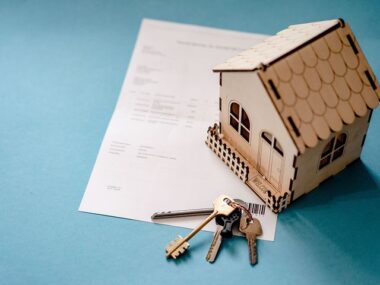Mortgages play a crucial role in enabling individuals and families to realize their dreams of homeownership. In Nigeria, the mortgage industry has seen significant growth and development in recent years.
This article aims to provide a comprehensive overview of mortgages in Nigeria, exploring the key aspects, requirements, benefits, and challenges associated with this financing option.
The Nigerian Mortgage Market
The Nigerian mortgage market has witnessed substantial growth due to increased demand for housing and government initiatives to promote homeownership.
The market is primarily dominated by commercial banks and mortgage institutions. The Federal Mortgage Bank of Nigeria (FMBN) plays a significant role in providing liquidity and regulatory oversight.
Other key stakeholders include the Mortgage Banking Association of Nigeria (MBAN) and the Central Bank of Nigeria (CBN), which implements policies to enhance mortgage accessibility.
Mortgage Eligibility and Requirements
To obtain a mortgage in Nigeria, individuals must meet certain eligibility criteria and fulfill specific requirements. These typically include a steady source of income, a good credit history, and a certain percentage of the property’s value as a down payment.
Applicants are also required to provide relevant documentation, such as proof of employment, identification, and title deeds or property documents.
Types of Mortgages Available
Nigeria offers various types of mortgages tailored to different needs and financial capabilities. The most common types include:
Fixed-Rate Mortgages
Thesemortgages have a fixed interest rate over the loan term, providing stability and predictability in monthly repayments.
Adjustable-Rate Mortgages (ARMs)
ARMs feature interest rates that fluctuate based on prevailing market rates. Initial interest rates are often lower but may increase or decrease over time.
Government-Backed Mortgages
The Nigerian government, through the FMBN, provides subsidized mortgage schemes, such as the National Housing Fund (NHF) and the Family Home Fund (FHF), which aim to make homeownership more affordable and accessible.
Benefits and Challenges
Mortgages offer several benefits to both individuals and the Nigerian economy as a whole. Some advantages include:
Homeownership
Mortgages provide a means for individuals to own homes, offering stability and a sense of security.
Wealth Creation
Owningproperty through mortgages can serve as an investment and a means to build wealth over time.
Economic Growth
vibrant mortgage market stimulates economic growth by driving construction activities, creating jobs, and boosting related industries.
However, the Nigerian mortgage market also faces significant challenges, including:
High-Interest Rates
Mortgage interest rates in Nigeria are relatively high compared to other countries, making affordability a major concern.
Limited Access
ManyNigerians still face difficulties accessing mortgages due to stringent eligibility requirements, lack of proper documentation, and limited awareness of available options.
Land Titling and Documentation Issues
Landtitling and documentation processes can be complex and time-consuming, posing challenges for mortgage lenders and applicants.
Recent Developments and Future Outlook
The Nigerian government has implemented several initiatives to address the challenges and promote mortgage accessibility.
These include reducing interest rates, streamlining documentation processes, and providing financial support through mortgage refinancing schemes. Additionally, the adoption of technology and digital platforms is expected to enhance efficiency in mortgage processing and increase transparency.
Conclusion
Mortgages have become an increasingly viable option for aspiring homeowners in Nigeria. While challenges persist, efforts by the government and stakeholders to enhance affordability and accessibility show promise.
It is essential for potential borrowers to understand the intricacies of the mortgage market, seek professional advice, and explore available options to make informed decisions. With a well-functioning mortgage market, homeownership can be within reach for many.


